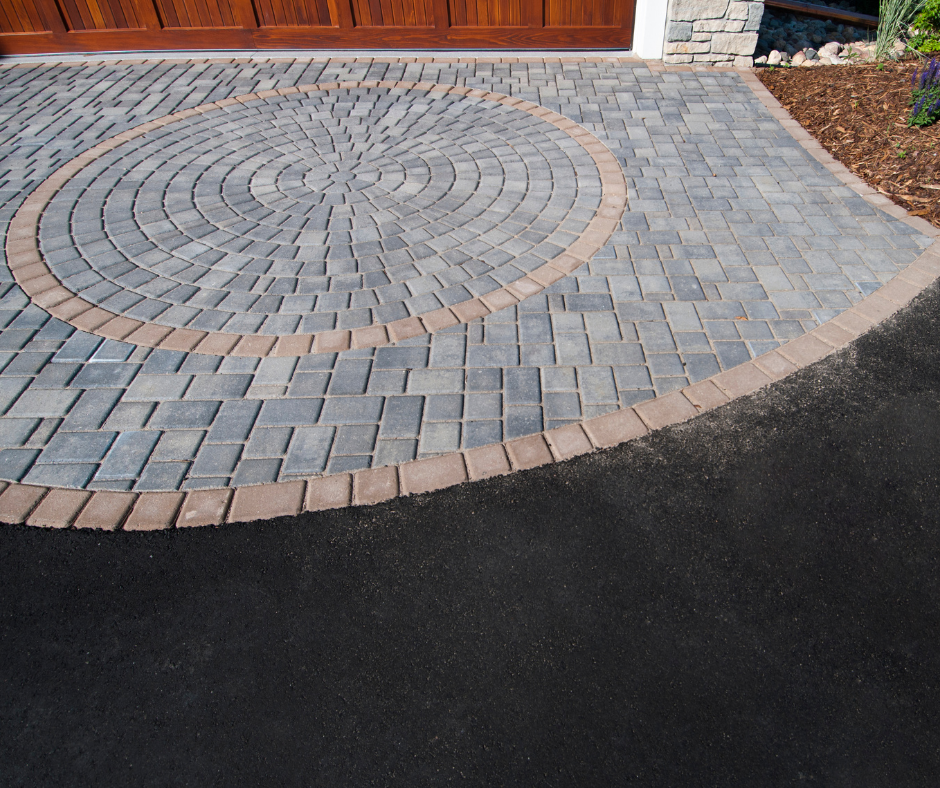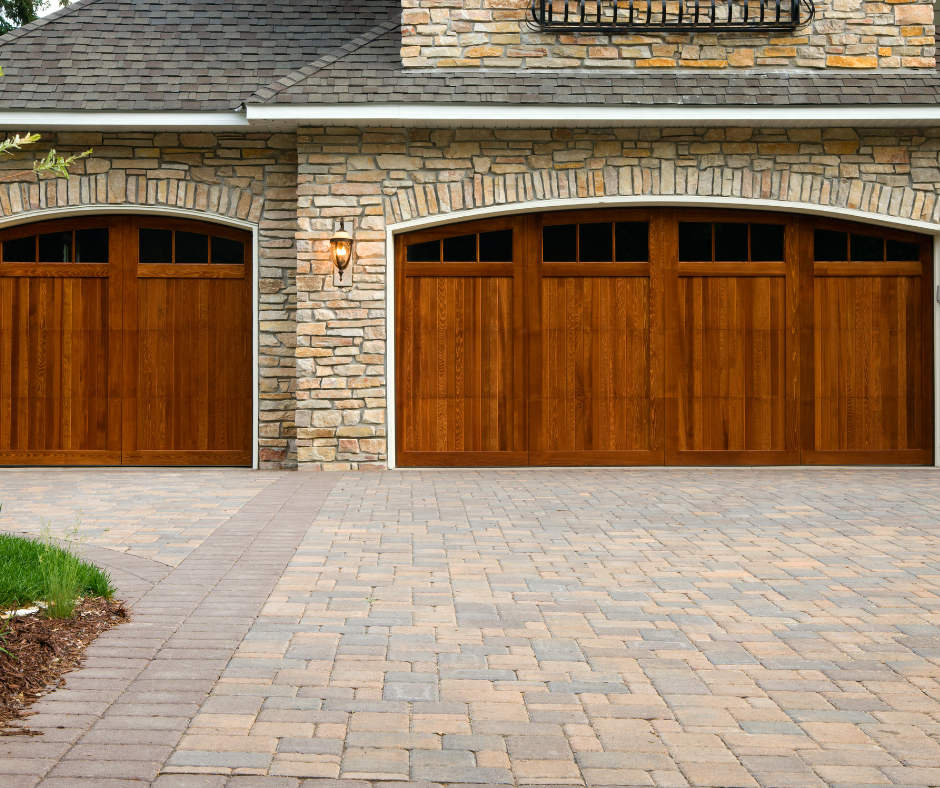Pavers vs. Traditional Materials – An In-Depth Comparison
Introduction: Choosing the Right Material for Your Outdoor Space
Milton Stone presents a comprehensive guide comparing interlocking pavers with traditional materials such as concrete and asphalt. This comparison is designed to assist homeowners and contractors in making an informed choice for driveways, patios, and walkways.
Understanding Interlocking Pavers
Interlocking pavers, made from concrete, stone, or brick, are individual units that form durable and flexible geometric patterns. They offer a variety of colors, shapes, and sizes, enabling unique and customizable designs.
Assessing Durability
Durability is a crucial factor in outdoor flooring. Interlocking pavers excel in resisting the freeze-thaw cycles and heavy traffic, outperforming traditional concrete and asphalt in longevity and resilience.
Maintenance and Repair Considerations
Interlocking pavers offer ease in maintenance and repair. Individual pavers can be replaced if damaged, maintaining the overall aesthetic integrity. In contrast, concrete and asphalt require extensive work for interlock repairs, often resulting in noticeable patches.
Installation Process: Pavers vs. Traditional Materials
While both materials need professional installation, interlocking pavers require more labor due to precise placement needs. Concrete and asphalt have longer curing times, delaying their usability.
Design Flexibility
Interlocking pavers offer superior design flexibility, with endless pattern and color combinations. Traditional concrete and asphalt provide limited aesthetic choices, primarily in color and texture.
Cost Comparison
Interlocking pavers generally have a higher initial cost compared to concrete or asphalt. However, their durability and lower long-term maintenance can make them more cost-effective over time.
Environmental Impact
Interlocking pavers can be more environmentally friendly, especially when made from recycled materials. They allow for better water drainage and reduce runoff, unlike concrete and asphalt, which can contribute to urban heat islands.
Impact on Resale Value
Interlocking pavers can enhance a property’s resale value due to their upscale appearance and durability, often offering a higher return on investment compared to traditional materials.
Conclusion: Making the Right Choice for Your Project
Interlocking pavers present numerous advantages in durability, aesthetics, and sustainability over traditional materials. Despite a higher initial cost, their long-term benefits in maintenance, environmental impact, and property value make them an excellent choice for outdoor projects.
Collaborate with Milton Stone for Your Outdoor Flooring Needs
Considering interlocking pavers for your next outdoor project in the Toronto GTA? Contact Milton Stone for expert advice and installation services. Our team is committed to helping you choose the best material for your driveway, patio, or walkway, ensuring beauty, durability, and functionality.
Reach out to Milton Stone today and embark on transforming your outdoor space with the perfect balance of style and practicality. Let our expertise guide you in creating a stunning and sustainable outdoor area.
Quick Service Request
Request a Quote Now!




